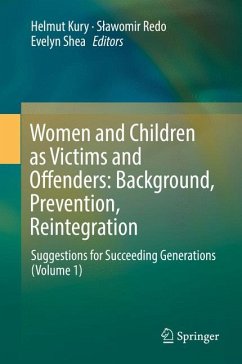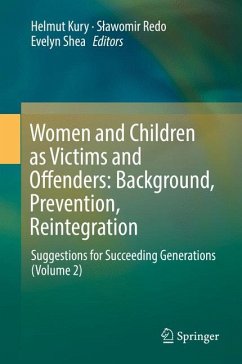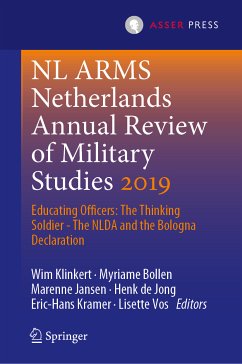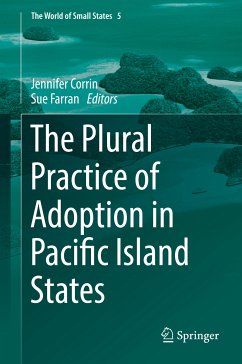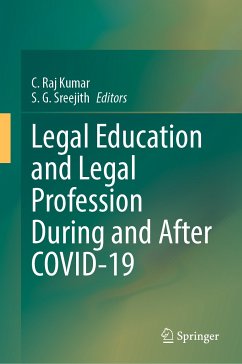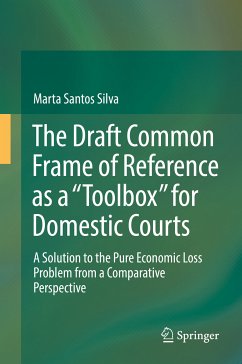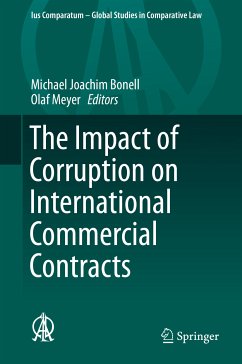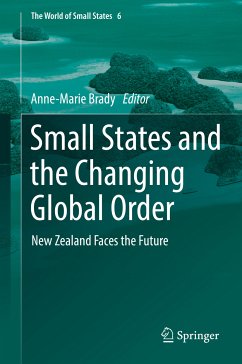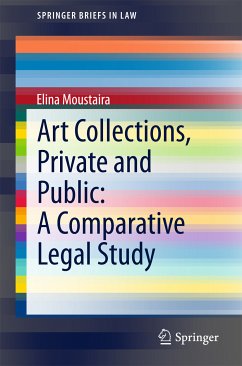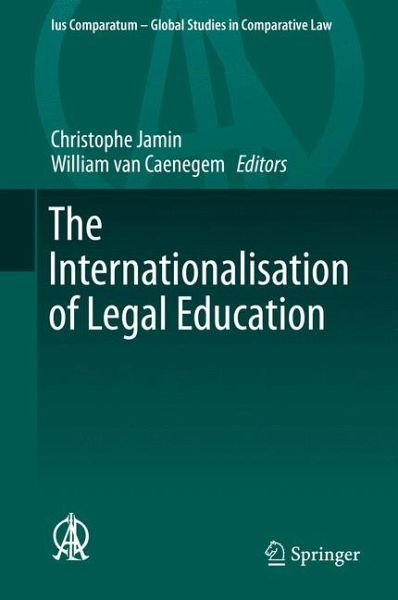
The Internationalisation of Legal Education (eBook, PDF)
Versandkostenfrei!
Sofort per Download lieferbar
96,95 €
inkl. MwSt.
Weitere Ausgaben:

PAYBACK Punkte
48 °P sammeln!
This volume provides an overview of the state of internationalisation of legal education (IOLE) in many civil law and common law countries. It provides a picture of the status of the debate about the shape and degree of internationalisation in the curriculum in the different countries, and the debates surrounding the adoption of a more international approach to legal education in the contemporary world.It is a compilation of the National Reports submitted for the August 2014 Congress of the IACL held at Vienna, and contains an introductory general report. Together, the reports examine such que...
This volume provides an overview of the state of internationalisation of legal education (IOLE) in many civil law and common law countries. It provides a picture of the status of the debate about the shape and degree of internationalisation in the curriculum in the different countries, and the debates surrounding the adoption of a more international approach to legal education in the contemporary world.
It is a compilation of the National Reports submitted for the August 2014 Congress of the IACL held at Vienna, and contains an introductory general report. Together, the reports examine such questions as: Why is the topic of internationalization of legal education on the agenda now? Why is it a relevant subject for examination today? Does the topic generate the same level of interest everywhere in the world? Is enthusiasm for IOLE mainly driven by the academic sector, by government, by multinational corporations? Is the interest closely linked with the globalization of the practice of law? Or is globalisation of law itself something of a myth, or a reality reserved for only a very small percentage of practising lawyers around the world?
The general and national reports make clear that there is indeed widespread interest in IOLE, and numerous disparate initiatives around the world. Nonetheless, some National Reporters state that the topic is simply not on the agenda at all. All in all, the volume shows that the approaches to internationalisation are many and varied, but every jurisdiction recognises the importance of introducing aspiring lawyers to a more integrated global environment.
It is a compilation of the National Reports submitted for the August 2014 Congress of the IACL held at Vienna, and contains an introductory general report. Together, the reports examine such questions as: Why is the topic of internationalization of legal education on the agenda now? Why is it a relevant subject for examination today? Does the topic generate the same level of interest everywhere in the world? Is enthusiasm for IOLE mainly driven by the academic sector, by government, by multinational corporations? Is the interest closely linked with the globalization of the practice of law? Or is globalisation of law itself something of a myth, or a reality reserved for only a very small percentage of practising lawyers around the world?
The general and national reports make clear that there is indeed widespread interest in IOLE, and numerous disparate initiatives around the world. Nonetheless, some National Reporters state that the topic is simply not on the agenda at all. All in all, the volume shows that the approaches to internationalisation are many and varied, but every jurisdiction recognises the importance of introducing aspiring lawyers to a more integrated global environment.
Dieser Download kann aus rechtlichen Gründen nur mit Rechnungsadresse in A, B, BG, CY, CZ, D, DK, EW, E, FIN, F, GR, HR, H, IRL, I, LT, L, LR, M, NL, PL, P, R, S, SLO, SK ausgeliefert werden.




